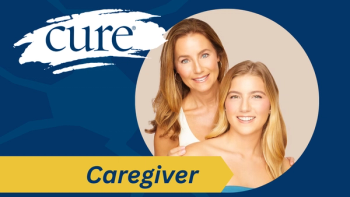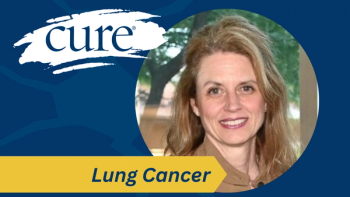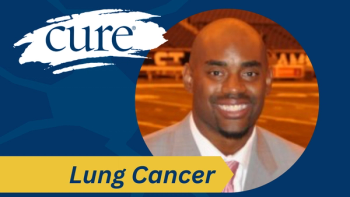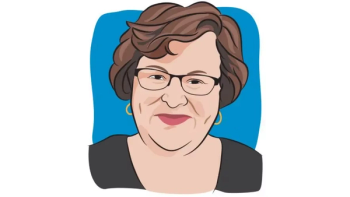
Here We Go Again: Dealing With Another Health Issue After Cancer
It's always something, isn't it?
Like most cancer survivors, I can remember with frightening clarity the moment I was told I had cancer. I was sitting in a dental chair in the oral surgery clinic at the University of Pennsylvania’s dental school. The post-graduate dental student bluntly said that I had head and neck cancer, that I needed to figure out what I was going to do next and I should do so very soon. And then he walked out the door.
My whole journey started out with a fairly routine visit to the dentist. I hadn’t been in a while and I needed a lot of work done. It was during a comprehensive exam that she found the lump of the floor of my mouth and said, “Uh oh. We may have a problem here.”
I don’t suppose I’m alone in saying that I don’t particularly like medical exams, especially since they seem to have developed this very annoying habit of uncovering problems. Over the summer a post-cancer treatment hearing exam led to something I’d long suspected: I have a wonky left ear. I’ve lost some of the mid-range tones and I’ve got tinnitus. But hey, no big deal. I can still hear pretty well and if it turns out I need a hearing aid in the (very distant) future, I’ll get fitted for one.
But not so fast. The hearing loss is only in the one ear, so it may be a symptom of something called an acoustic neuroma. I got shooed off to the open MRI place to have some pictures taken, which led to a phone call on the following Monday afternoon from my primary care physician, who very gently tells me that I have a berry aneurysm and that I need to do something about it soon.
Two neurologists and one angiogram later, I’m scheduled for aneurysm repair surgery in the middle of December. Pfft!
My reaction to all of this was twofold. The first one isn’t fit for publication and the second one was a quote from one of my all-time favorite television characters, President Josiah Bartlet from “The West Wing.”
“OK. What’s next?”
Because at this point, it’s the only reaction worthy of my time and any effort I want to put into having one. I could get upset, but that doesn’t solve anything. I could eat a bag of peanut butter truffles, but my waistline would object. Screaming would only scare the cat.
While this isn’t cancer, it’s also a condition that needs to be taken care of sooner rather than later. It’s something you do not want to fool around with. Yes, I’ve spent the better part of 12 months either recovering from my surgery or treatment, but if I’m brutally honest with myself, I’m actually looking forward to having this done since the alternative is just too horrible to even consider.
So here’s to jumping in with both feet, again. I’m getting way, way too good at this.




